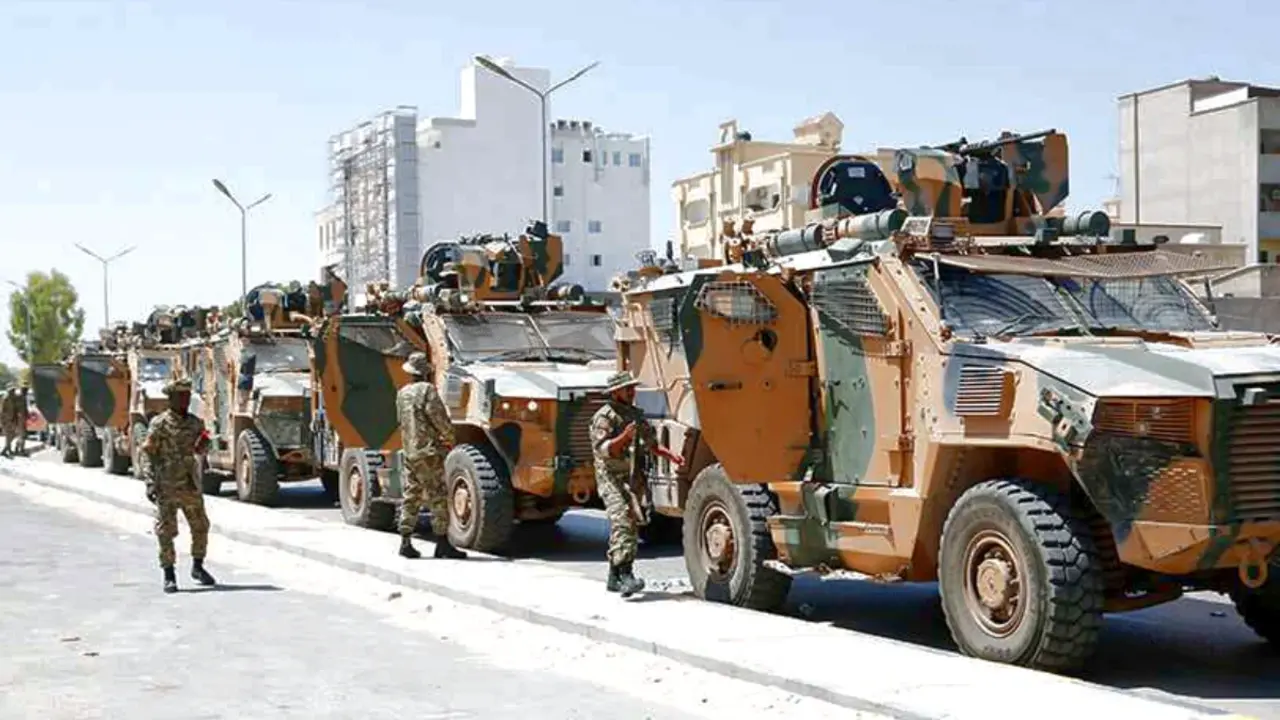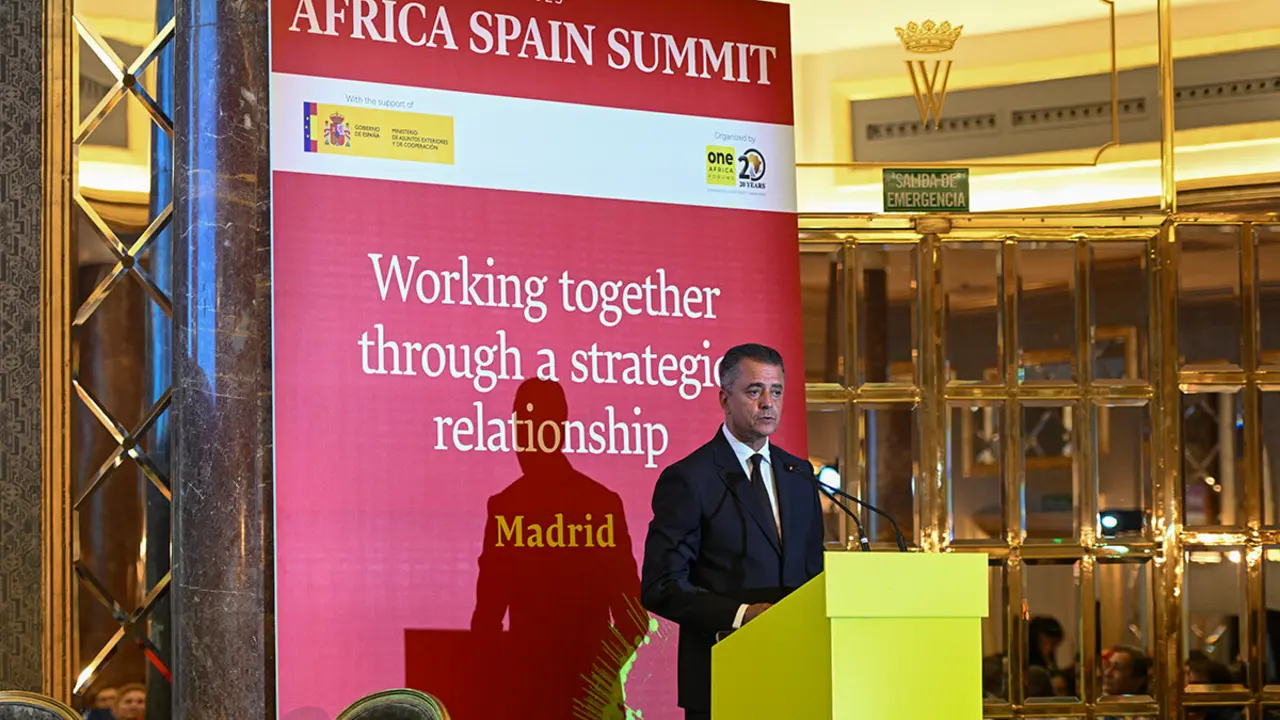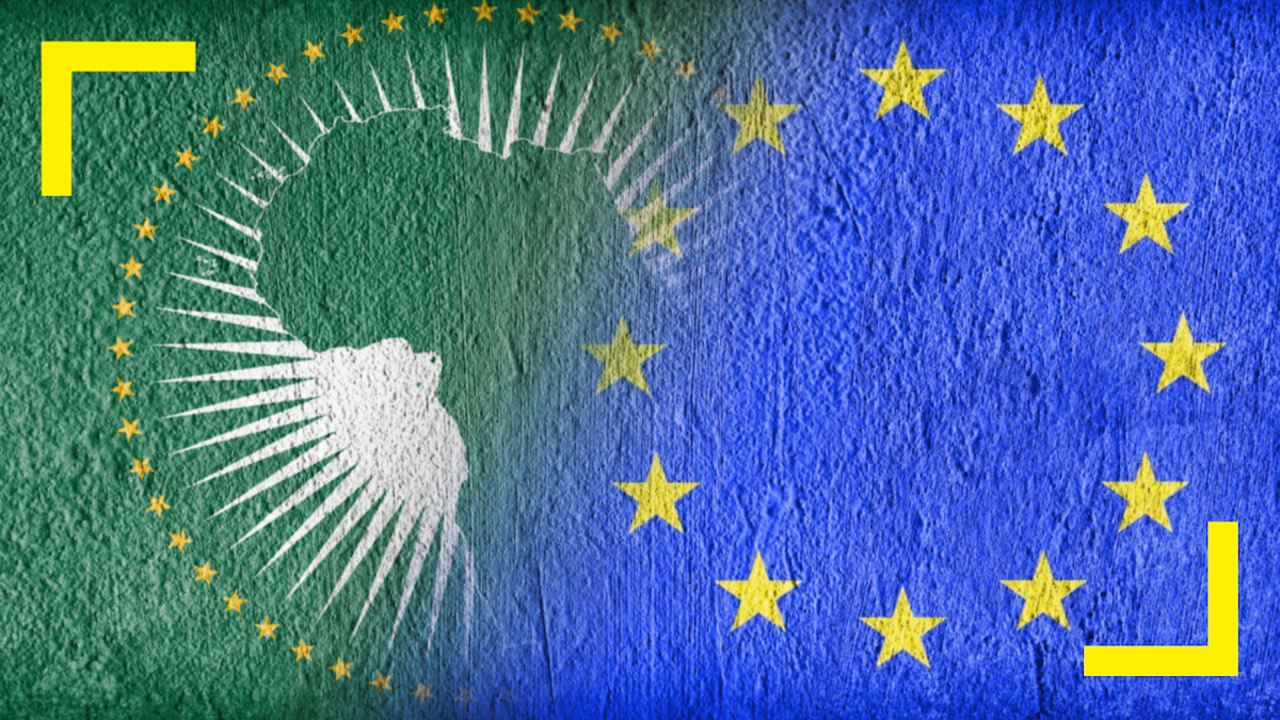Turkey resumes gas exploration in the Eastern Mediterranean
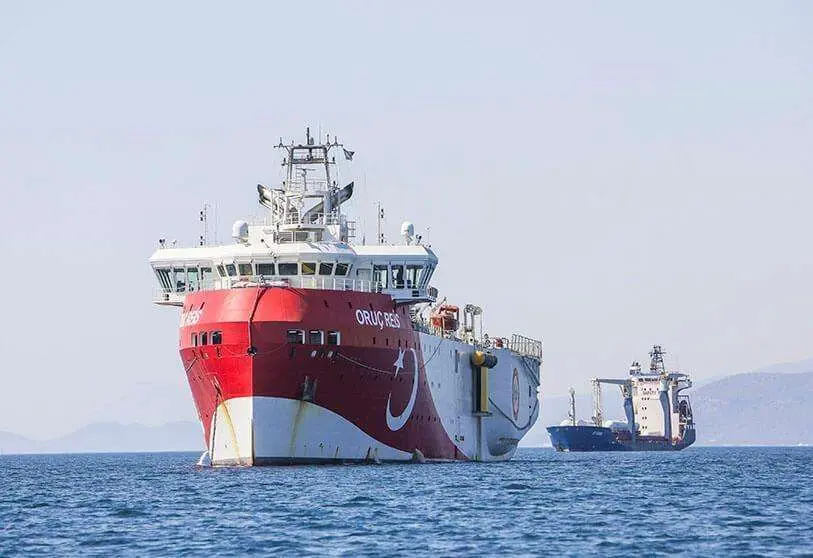
The tensions in the eastern Mediterranean tell the story of never ending. Just when it seemed that everything was beginning to stabilize, Turkey has revived the search for gas in the waters of the Greek exclusive economic zone (EEZ).
Four days ago, the governments of both countries met to lower the tension and agreed to open a hotline to discuss the tensions over the waters of the Mediterranean Sea. In fact, the head of NATO, Jens Stoltenberg, was present during the meeting to monitor that the intentions were coming to fruition.
But the Turkish President, Recep Tayyib Erdogan, did not want to wait and returned the prospecting ships to the waters near the Greek island of Kastelorizo. The seismic exploration ship 'Oruç Reis', together with two other vessels, will carry out explorations south of Kastelorizo for ten days.
The Turkish Navy has reported the deployment of the 'Oruc Reis' until October 22. Turkey already warned then that it would resume the activity if there was no progress, although it has not left time to issue proposals. "We will continue searching, drilling and defending our rights," proclaimed the Minister of Energy, Fatih Donmez, on Monday, according to the Bloomberg agency.
Last Friday, Turkey withdrew from the maritime area of Cyprus the last two exploratory ships it had in the Eastern Mediterranean, a gesture that Greece and the European Union interpreted as a positive step to reduce tensions in the area.
The day before, the foreign ministers of Turkey, Mevlüt Çavusoglu, and Greece, Nikos Dendias, held a bilateral meeting in a separate international forum. This was the first high-level meeting between the two countries since the tensions that began in the summer.
In response to these unexpected moves, the Greek Foreign Ministry was quick to warn that this "represents a direct escalation of tension for the peace and security of the region" and urged the Turkish authorities to back off, the newspaper 'Kathimerini' reported this morning.
Greece maintains that its islands should be taken into account for its continental plate, in line with what is established in the UN Convention on the Law of the Sea. Turkey has not signed such a pact and maintains instead that the parts south of Kastelorizo, just a few kilometers from its coast, are part of its exclusive economic zone.
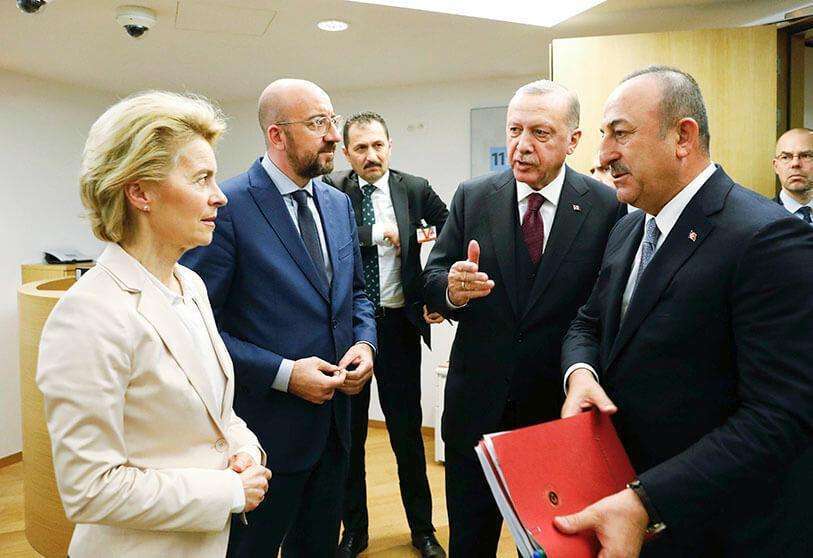
The international community does not give credit to these swings in Turkish politics. The European Union had threatened Turkey with sanctions if it does not change what Brussels considers Ankara's provocative attitude. On the other hand, the UN Security Council called on Turkey this Friday to reverse its decision.
At the last extraordinary European summit held last week, the heads of state and government took a long time to agree on whether or not to sanction Ankara, and postponed the decision to another summit in December. The only thing they could agree on was to raise the tone against Turkey and unanimously call for "reducing tension in that area.
The next meeting between Greece and Turkey is already scheduled. This Wednesday, German Foreign Minister Heiko Maas will meet in Ankara with Çavusoglu to discuss the situation they are experiencing in the Eastern Mediterranean.
For Greece, the crisis in the Mediterranean cannot be seen as a bilateral conflict between neighbors, but as a crisis affecting NATO as a whole. "If the rights and sovereignty of one ally are questioned this leads to questioning the rights of another ally. That is why it is not a bilateral issue, but a concern of the entire Atlantic Alliance," Greek Prime Minister Kyriakos Mitsotakis said last week.
We will have to wait until December to know if the European Union takes definitive measures against the Anatolian country, with which it has several commitments that are difficult to avoid. The migratory crisis and the gas and oil pipelines that cross Turkey towards Northern Europe are a perfect excuse for Erdogan to blackmail the commissioners.
And to make matters worse, the tension between Ankara, Greece and Cyprus has increased a little more after the announcement this weekend by the Turkish government and the Turkish Republic of Northern Cyprus (only recognized by Ankara) of the reopening of the coastal neighborhood of Varosha, an area that has been sealed off as a military zone for 46 years.

